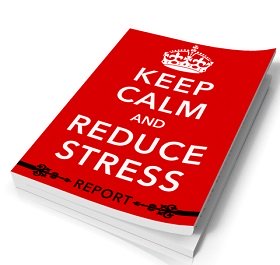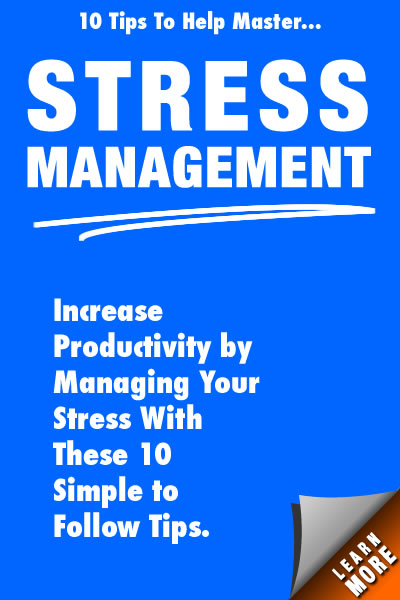Understanding Depression
Depression is an illness. It can involve you emotional moods, your cognitive thoughts and even your physical well-being. It affects the way you eat and sleep, the way you feel about yourself, and the way you view the world around you. The illness drains your energy and limits your amount of self motivation, making it difficult to practice positive thinking. To reverse this cycle, build on small and gradual steps. Make positive choices for yourself and use the support of family and friends.
According to the National Institute of Mental Health, nearly 15 million American adults, or about 6.7% of the U.S. population age 18 years and older, are affected with this illness in a given year.
Types of Depression
A depressive disorder is not the same as a passing blue mood. There are three types that are most common. Each one has a variation of symptom combinations as well as the severity and persistence of the illness.
Major depression. A combination of the symptoms listed below interfere with your ability to work, study, eat, sleep and enjoy life. Such a disabling episode may occur a few times in a lifetime.
Dysthymia. A long-term combination of chronic symptoms that do not disable, but keep you from functioning or feeling well.
Bipolar disorder. This manic-depressive type of illness is characterized by mood swings that cycle between severe highs (mania) to severe lows (depression). The length of time for the cycling of moods varies greatly between individuals. When in a manic phase, you may feel elated, full of grand schemes for your life, over talkative, and/or overactive with a great amount of energy. When in the depressed phase, you can experience any of the symptoms of a depressive disorder. Left untreated, the bipolar disorder can get worse over time.
Symptoms
- • Feeling of hopelessness. Nothing will help and it will never get better.
• Lack of desire. Less interest to participate in things you used to enjoy.
• Appetite changes. Change of more than 5% body weight in a month.
• Sleep changes. Inability to sleep or over-sleeping.
• Irritability. Feeling on edge or tense and things get on your last nerve.
• Decreased energy. Feeling fatigued, drained and lethargic.
• Self-loathing. Intense negative self-talk and feelings of unworthiness.
• Concentration problems. Difficulty staying focused. Easily distracted.
• Unexplained aches/pains. More headaches, muscle and stomach aches.
• Isolation. Abnormal desire to be alone and withdrawn from people.
• Crying for no reason. Persistent sad, anxious, or “empty” mood.
• Suicidal thoughts and attempts.
Causes
A combination of biological and environmental factors is involved in the onset of this disorder. Medical illnesses, genetics and stressful situations can trigger a depressive onset. If you experience a major medical illness such as a stroke, cancer or changes in hormone levels you could be liable to experience symptoms. Also, emotional trauma such as a difficult relationship, financial loss, divorce or loss of a loved one, can trigger an episode. Genetic predisposition for this illness tends to be found most often in bipolar illness. The severity is intensified by environment conditions including home-life, work, school or other social activities.
Women report having depression twice as frequently as men. Hormonal factors are a leading contributor to this increased percentage. Menstrual cycles, pregnancy, miscarriage, postpartum condition, peri-menopause, and menopause are all female phases of life that have differing impact possibilities for depressive episodes. Add to the biological factors, the responsibilities of home life, single parenthood, raising children, caring for aging parents, and work can contribute as well.
The Lifestressors that Affect Women Most Often
Join Calm Starts Here, and receive FREE How to Get a Good Night's Rest and Stop Worrying.
Book Store

This Is Not the Career I Ordered: Empowering Strategies from Women Who Recharged, Reignited, and Reinvented Their Careers

101 Great Ways to Enhance Your Career
Reader Favourite!
Effective Stress Management Listen to Your Body
Share this Page on SheToldMe.com
Become a FaceBook Fan








